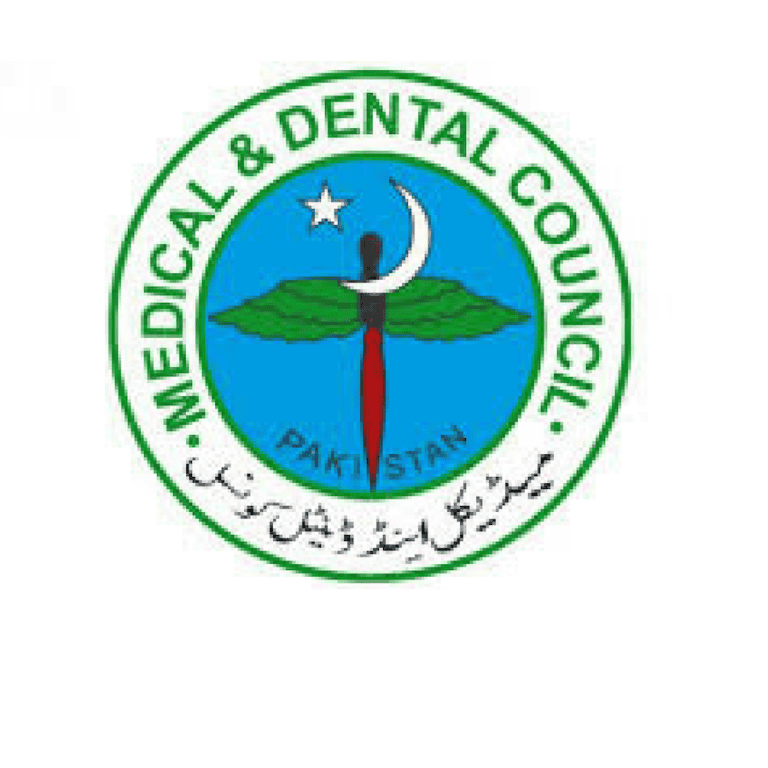Frequently Asked Questions
- Give us a call on tel: +92512223870
- Send us a query on the contact form on our Contacts Page
- Medical history with you at your first appointment.
- Allergy History
- If you are suffering from tooth pain, please avoid taking any painkillers (as it masks the symptoms) or medicines before visiting your dentist
- Twice a year i.e., six-monthly for regular check-ups
- If there is toothache, bleeding gums, sensitive teeth or any dental problem, one is advised to visit the dentist immediately.
Missing teeth are not merely a cosmetic concern, but also a functional problem. A tooth loss condition is really more serious than it is often perceived to be. If a missing tooth is not replaced, the adjacent teeth start to shift/migrate in this empty space. The opposing tooth also starts growing into the space.
This migration of teeth leads to spaces, food lodgement, cavities, gum problems etc.
Replacing the missing teeth can affect the overall bite and help ease some of the excessive and irregular pressure on other teeth created by chewing.
The options of replacing missing teeth are:
- Dental Implants
- Crowns and Bridges
- Removable Partial Denture
- Complete Denture
Dental implants may be an ideal option if you:
- Have one or more missing teeth.
- Have a fully developed jawbone with sufficient bone density.
- Do not have any health conditions that might impede bone healing.
- Are unable or unwilling to wear dentures.
- Want to improve your speech, comfort, and self-confidence.
- Are committed to maintaining good oral hygiene and regular dental visits.
It depends on each dental patient’s particular oral needs as every patient is different. Some patients are simply more prone to having dental issues, making it necessary for them to see a dental professional more often. Other patients will experience hardly any dental issues at all, which means it is likely that they will need to have their teeth cleaned on a less frequent basis.
General guidelines state that patients should make an appointment for a professional dental cleaning every six months. While this is ideal for most people, some will need to come in every three months and others will only need to come in every nine or 12 months.
- Teeth will not become loose because of the cleaning procedure.
- The teeth are held firmly in place due to the gums and the bone around them.
- The tartar (food debris and bacteria) gathered around the teeth causes infection of the gums and bone.
- This infection leads to receding of bone and gum levels and thus creates gaps between teeth (Pyorrhoea).
- This tartar, if not removed periodically (once in every 6 months) can cause loosening of teeth.
- The cleaning procedure will help remove tartar and stop the gum and bone from receding. This will increase the life and integrity of the teeth and gums.
If you knock out a tooth, you should:
- Find the tooth
- Hold it by the crown (the white part that is visible out of the gums)
- Clean the tooth if it’s dirty or rinse it in water
- Put it back into position (adult teeth only) never try to re-insert a baby tooth
- Bite on a handkerchief or cotton piece lightly to hold the tooth in place
- Go to see a dentist as an emergency
- If you can’t put the tooth back in position, put it in milk and see a dentist straight away.
The sooner a knocked-out tooth is re-implanted, the more likely it is to embed itself back into the gum.
If your child knocks out a baby tooth, you shouldn’t try to re-implant it because you may damage the adult tooth growing underneath. Take your child to see a dentist immediately.
If you will put your tooth back in yourself and then visit a dentist, the dentist will check if the tooth is in the correct position by clinically observing and taking an X-ray.
They’ll splint it to the teeth on either side to hold it in position for two weeks. Splinting is a technique that temporarily attaches the tooth to keep it in place.
If you have kept your tooth in milk and gone straight to the dentist, the dentist will numb the affected area and reposition the tooth. They’ll check that it’s in the correct position by taking an X-ray before splinting it to the teeth either side for two weeks.
If you lost your tooth, go straight to a dentist near you. They can provide you with various options to fix a new one like:
- Immediate Dental Implant
- Bridge
- Denture
- Bad breath or halitosis is a common oral health problem which could be prevalent not only due to dental problems but also some systemic diseases like respiratory problems, diabetes, stomach upsets etc.
- Bad breath can arise due to negligence of oral hygiene, pyorrhoea in gums, food lodgement in decayed teeth and unclean tongue.
- You could be either suggested the use of a mouthwash, taught proper brushing/flossing techniques and treated for dental decay or gum problems.
- Yes, it is necessary to get your babies teeth filled.
- Children need their teeth to chew, speak, and smile till they grow in adults and have their permanent teeth. Baby teeth hold the space for permanent teeth. If your child loses a baby tooth too early, the adjacent teeth are more likely to tilt or drift into the empty space and create limited space in the jaw for the permanent tooth to erupt. If left untreated, the permanent tooth can come in crowded or be blocked from erupting.
- Decayed baby teeth can cause pain, infection and problems with eating, sleeping and going to school. Some baby teeth stay in the mouth until children are 12 or 13, which is too long to be suffering with toothache and soreness.
- While preferable age for braces is teenage, people of any age can avail this treatment.
- The treatment time may however be longer for adult patients as the bone is denser in them. Having said that, with newer treatment options like invisible, ceramic braces, aesthetics and time of treatment are also not a problem.
- The second trimester is the safest trimester for any dental treatment.
- Since hormonal changes are rampant in pregnancy, teeth and gum cleaning by the dentist is necessary as and when required.
- The mouth is a major gateway to the blood vessels and digestive system. Your oral health can be a good indicator of your overall health. Hormone changes and certain medications can increase the risk of periodontal disease and dry mouth.
Inside your tooth, beneath the white enamel and a hard layer called dentin, is a soft tissue called pulp. This tissue contains blood vessels, nerves and connective tissue, which help grow the root of your tooth during its development. Whenever a tooth decay/cavity reaches and infects the pulp of the tooth, the only way to salvage the tooth is removal of this infected pulp along with its nerve and blood vessels. This procedure is called root canal treatment (RCT). Here the tooth is remains intact in your mouth and functions normally after the procedure. With technology backing dentistry a RCT is a very routine and painless procedure like a filling.
It is usually completed in one or two appointments, depending on the condition of your tooth and your personal circumstances. Getting a root canal is relatively painless and extremely effective. You’ll be back to smiling, biting and chewing with ease in no time.
Saving the natural tooth with root canal treatment has many advantages:
- Efficient Chewing
- Normal Biting Force and Sensation
- Natural Appearance
- Protects other Teeth from Excessive Wear or Strain
- If your tooth is broken, chipped or fractured, see your dentist as soon as possible. Otherwise, your tooth could be damaged further or become infected.
- You could possibly end up losing the tooth.
- Treatment for a broken/ chipped tooth will depend on how severely it is damaged.
- If only a small piece of enamel/ the outer white surface is broken, the repair can usually be done simply by filling with a good tooth colored material.
- A badly damaged or broken tooth may require a root canal treatment/crown/dental veneer.
Teeth Bleaching/Whitening is the treatment to enhance and brighten the appearance of your smile. This can help to lighten the shade of your teeth that are:
- Dull or Lackluster in Color
- Yellowed from Age or Tobacco Use
- Stained from Coffee, Tea, and other Products
- Discolored from Medications or Illnesses and Many More
Care N Cure Dental Clinic offers professional teeth bleaching/whitening services using state-of-the-art equipment.
Experience seamless, stress-free dental care with our comprehensive approach.





